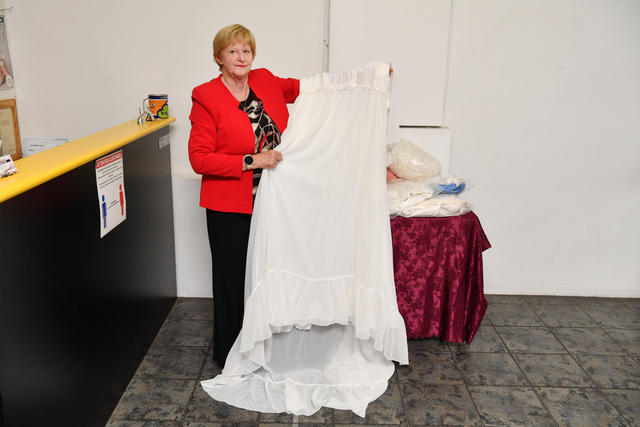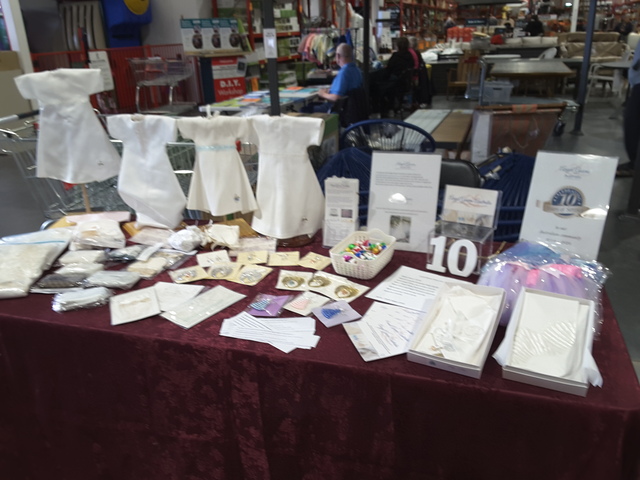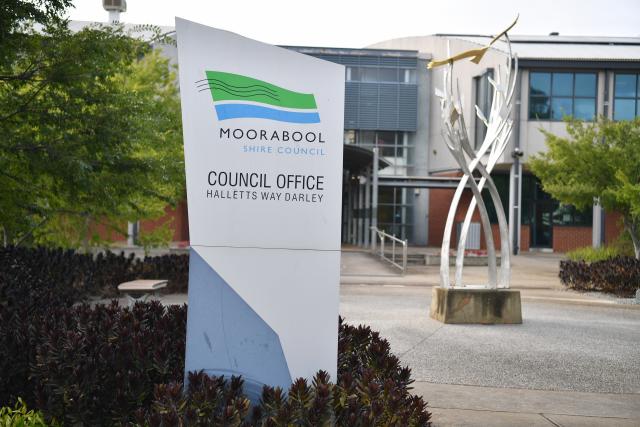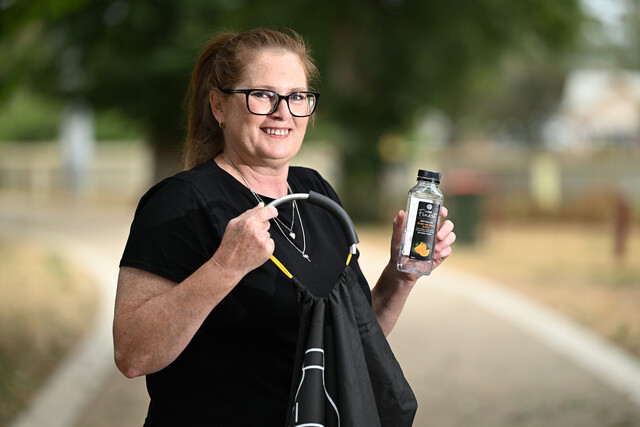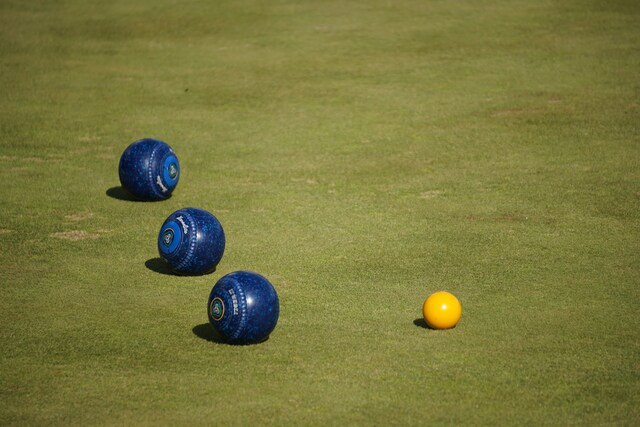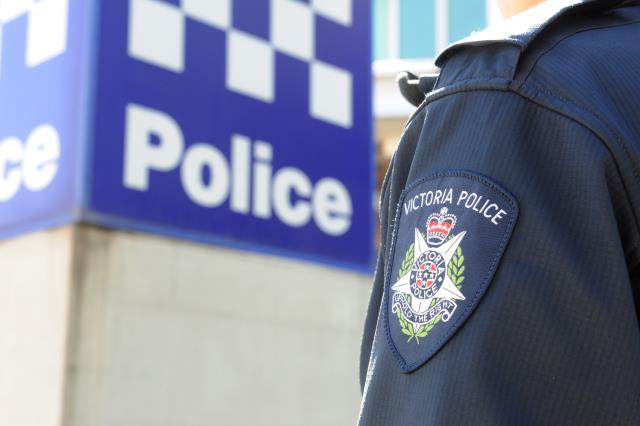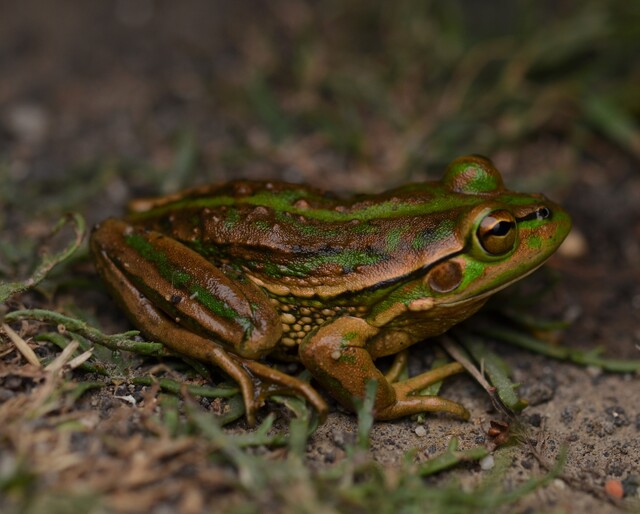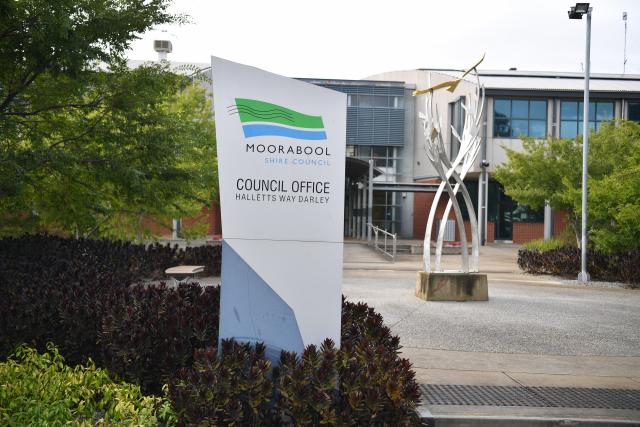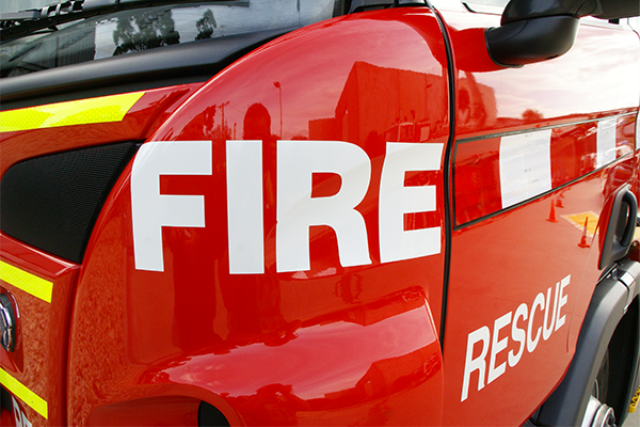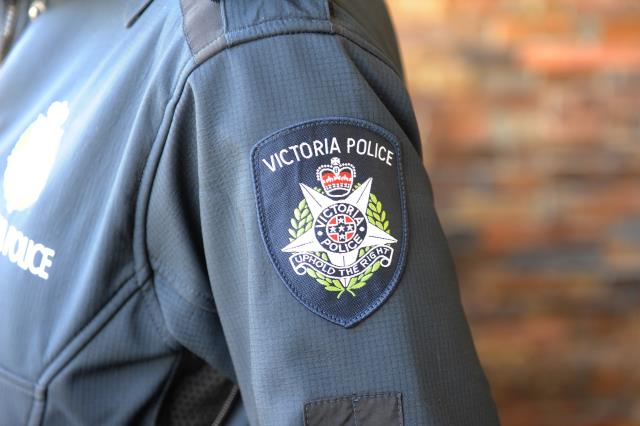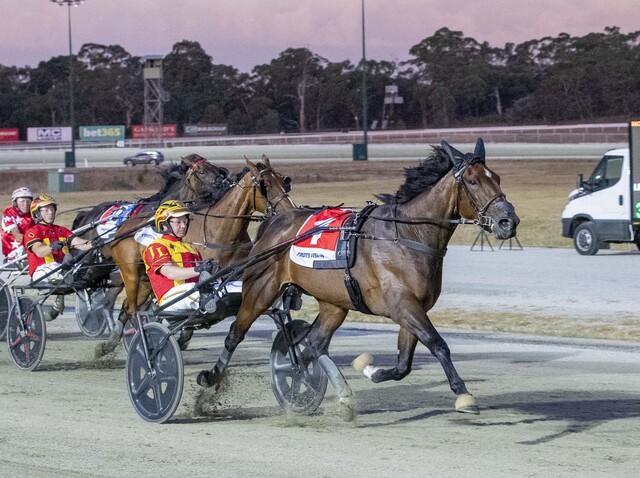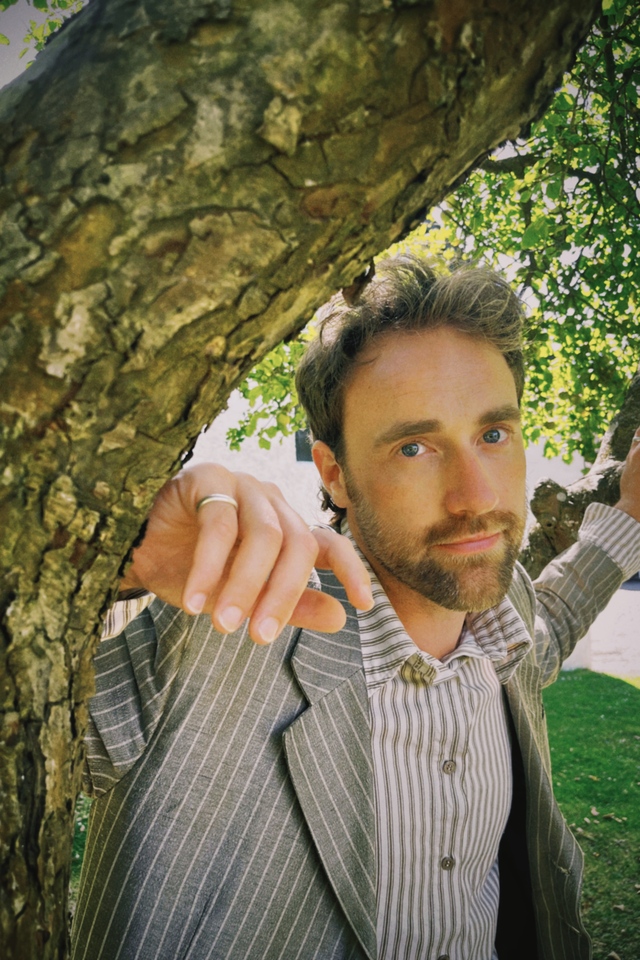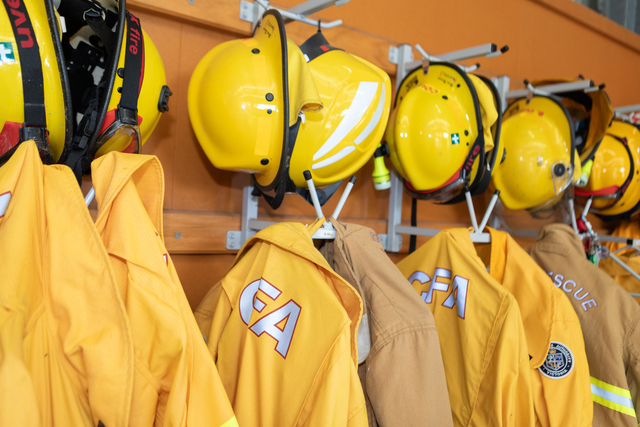There are not many words that can describe the pain of losing a child. Charity organisation Angel Gowns Australia offers grieving families a fleeting moment of beauty amongst the devastation, Eddie Russell reports.
It was almost 10 years ago, at a craft show in Caulfield, where Robyn Lavery came across the work of the Angel Gowns group.
After striking up a conversation with one of the stall operators, Ms Lavery quickly became involved with the organisation.
“They were looking for people who could sew – I said I can sew,” she said.
Since starting out as a seamstress in 2015, the Bacchus Marsh local is now the national vice president, as well as the Victorian state co-ordinator and chair of the seamstress committee at Angel Gowns Australia.
These days her work with the organisation mainly involves contacting hospitals and funeral homes, as well as assessing new seamstresses and packing garments.
Angel Gowns Australia is a nationally registered not-for-profit that supplies free burial garments to families that have had a baby die.
The garments are made from donated wedding dresses and then donated to hospitals and funeral homes.
It was founded in Canberra by Fiona Kirk, who adopted the idea from a similar organisation in America.
Ms Lavery said that a tragedy ignited something in Ms Kirk, and from an act of selflessness grew a national organisation.
“There was a sick child, so she took her wedding dress out of her wardrobe and made a dress for that child, she said.
That child was Isabelle Rose, a 10-month=old who succumbed to her battle with infantile leukaemia.
Ms Lavery said a family will sometimes request a specially-made dress.
“I got a phone call from a midwife, and she asked if I could make a dress for a little baby in Bacchus Marsh. It was the second child the family had lost and I picked up the grandmother’s dress and made it for the family,” she said.
Donations are frequently made in remembrance of lost children, Ms Lavery said.
“A couple of weeks ago, I think it would have been the grandfather who dropped in a dress in memory of a baby. We often get that,” she said.
Other times, people donate because they share a particular resonance with the work of the organisation.
“One dress that I was making up had a written note from the lass who handed it in. The message read ‘This was made with love. It was worn with love, and I’m donating it with love for somebody else to wear it with love’,” Ms Lavery said.
“That note was pinned [to the dress] so that girl obviously felt a very close connection to what we do. It was nice of her to write it.”
Ms Lavery said there are a range of reasons for the volunteers – of which there are more than 350 across Australia – to get involved with the organisation.
“You don’t know if they’re volunteering because they’ve had a loss in their family. A lot of people are like that … but then a lot of people do it because they have the time,” she said.
The raw emotional nature of the subject matter can be difficult to comprehend even for those trying to help. Ms Lavery said not everyone lasted long.
“Some people can’t cope with it and they don’t continue on. When I first made my samples, it was difficult because you know that they are going to a baby who has lost its life,” she said.
“You have to [get over that] otherwise the group wouldn’t exist.”
The garments come in five different sizes and can be designed for both girls and boys. There is also a ‘neutral’ option – a plainer gown that isn’t as “fancy” as the others.
Ms Lavery said the group spreads awareness of its work by attending major craft shows in Melbourne and regional Victoria.
“We go to these so we can to promote what we’re doing because there’s still a lot of people who don’t know,” she said.
Like Ms Lavery, Sunbury resident Jo Anderton came across Angel Gowns at a craft show.
As a volunteer seamstress, Ms Anderton produces garments with guidance from Ms Lavery.
“Usually they have been deconstructed and Robyn gives us suggestions as to what we should do, so I’ll make them up and then send them back,” she said.
Ms Anderton said the relaxed environment created by the charity aligns with her output ability.
“It’s extremely well run. The co-ordinators give you all the support that you need and you can work in your own home at your own pace,” she said.
“That’s what I liked about it. The fact that I could give back and I could do it in a way that fits with my retired lifestyle.”
For Ms Anderton, the work is rewarding and therapeutic because of her own history with loss.
“I lost a child 38 years ago. Back then, there was little to no support for bereaved women,” she said.
“My child was called medical waste, products of conception. No mother wants to hear that.”
“So I find it extremely satisfying that I can give back and perhaps lessen the distress of women going through what I went through unsupported so many years ago.”
Ms Anderton is quick to note the number of those that have experienced this particular pain and suffering.
“I’m not the only one. There are so many women who have lost a child and it’s just not talked about,” she said.
“Those ladies need to have their babies acknowledged, and that’s very important to me.”
The feedback from the community is very positive, Ms Anderton said.
“I know it’s well received. The people I have talked to are quite blown away because it’s a selfless act – you’re giving your time and your experience to other women. It’s so, so important.”
Angel Gowns Australia also has a tutu program, making tutus for sick children in hospital from coloured dresses it receives.

